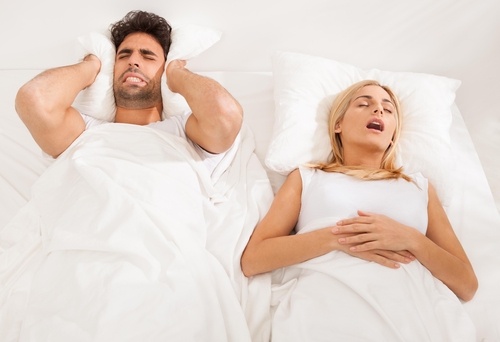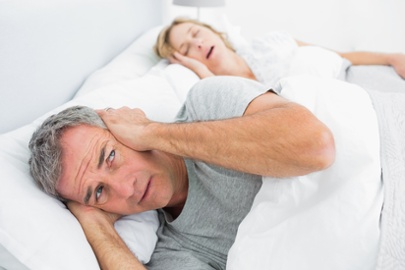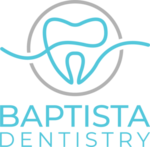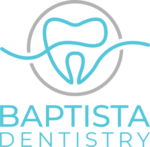Snoring and Sleep Apnea
Snoring and Sleep Apnea
Improving quality of life by improving quality of sleep.
SNORING AND SLEEP APNEA TREATMENTS IN DOWNTOWN TORONTO
Snoring is a prevalent condition that has the potential to cause sleep disturbances. It occurs when air can’t easily pass through the mouth or nose. Occasional or mild snoring is typically not cause for alarm. However, chronic snoring can elevate the risk of developing certain diseases, including stroke and heart attack.
What is snoring? Snoring is defined as the act of producing a grumbling, rattling, or gurgling sound while sleeping. It occurs when an obstruction in the airway is present.
Is snoring normal? Snoring is common (and normal) for many people. In reality, almost everyone snores at some point, even babies and young children.
However, loud, startling snoring could indicate sleep apnea, a disorder that causes you to stop breathing while sleeping. If snoring is followed by apneic episodes (gasping for air while sleeping) and other symptoms such as tiredness or irritability, you should consult a doctor.
What is sleep apnea? Snoring occurs when air cannot flow freely in and out of your throat due to a partial obstruction. Unlike snoring, sleep apnea patients experience a momentary, total closure of the throat during sleep. Stress can frequently make it worse and result in repeated episodes of stopped breathing throughout the sleep cycle.
OTHER SERVICES
General Dentistry
Cosmetic Dentistry
Dental Implants
All-On-X Dental Implants
Sleep Apnea & Snoring
Gum Disease Therapy
Full Mouth Rehabilitations
Cerec Crowns
Laser Dentistry
Invisalign
Dental Emergencies
Improving quality of life by improving quality of sleep.
SNORING AND SLEEP APNEA TREATMENTS IN DOWNTOWN TORONTO
Snoring is a prevalent condition that has the potential to cause sleep disturbances. It occurs when air can’t easily pass through the mouth or nose. Occasional or mild snoring is typically not cause for alarm. However, chronic snoring can elevate the risk of developing certain diseases, including stroke and heart attack.
What is snoring? Snoring is defined as the act of producing a grumbling, rattling, or gurgling sound while sleeping. It occurs when an obstruction in the airway is present.
Is snoring normal? Snoring is common (and normal) for many people. In reality, almost everyone snores at some point, even babies and young children.
However, loud, startling snoring could indicate sleep apnea, a disorder that causes you to stop breathing while sleeping. If snoring is followed by apneic episodes (gasping for air while sleeping) and other symptoms such as tiredness or irritability, you should consult a doctor.
What is sleep apnea? Snoring occurs when air cannot flow freely in and out of your throat due to a partial obstruction. Unlike snoring, sleep apnea patients experience a momentary, total closure of the throat during sleep. Stress can frequently make it worse and result in repeated episodes of stopped breathing throughout the sleep cycle.

What are the symptoms of snoring?
If snoring is accompanied by any of the following symptoms, it may be an indication to see a doctor for further evaluation for OSA:
- Witnessed breathing pauses during sleep
- Excessive daytime sleepiness
- Difficulty concentrating
- Morning headaches
- Sore throat upon awakening
- Restless sleep
CAUSES OF SNORING
- Nasal Congestion: Obstruction in the nasal passages, often due to allergies or sinus issues, can lead to snoring.
- Throat Weakness: Weakness in the muscles of the throat and tongue can cause the tissues to collapse during sleep, resulting in snoring.
- Positional Factors: Sleeping on the back can sometimes cause the tongue and soft palate to collapse to the back of the throat, leading to snoring.
- Age: As people age, the throat becomes narrower, and the muscle tone decreases, increasing the likelihood of snoring.
- Obesity: Excess weight, especially around the neck, can contribute to narrowing of the airways and lead to snoring.
- Alcohol and Sedative Use: Consuming alcohol or sedatives before bedtime can relax the muscles in the throat, increasing the likelihood of snoring.
CAUSES OF SLEEP APNEA
-
Obstructive Sleep Apnea (OSA):
- Throat Muscle Relaxation: Relaxation of the throat muscles during sleep, leading to a temporary blockage of the airway.
-
Central Sleep Apnea:
- Failure of the Brain to Transmit Signals: The brain fails to transmit the appropriate signals to the muscles that control breathing.
-
Complex Sleep Apnea Syndrome (Treatment-Emergent Central Sleep Apnea):
- Combination of OSA and Central Sleep Apnea: A combination of both obstructive and central sleep apnea.
TREATMENTS FOR SNORING
- Lifestyle Changes:
- Weight loss, if applicable.
- Changes in sleep position, avoiding sleeping on the back.
- Nasal Strips or External Nasal Dilators:
- These can help improve airflow through the nasal passages.
- Positional Therapy:
- Specialty pillows or devices that encourage sleeping on one’s side.
- Oral Appliances:
- Dental devices that reposition the jaw and tongue to keep the airway open.
- Treatment of Nasal Congestion:
- Nasal decongestants or antihistamines to alleviate congestion.
- Continuous Positive Airway Pressure (CPAP):
- While CPAP is commonly used for sleep apnea, it can also be effective in reducing snoring by maintaining an open airway.
TREATMENTS FOR SLEEP APNEA
-
Continuous Positive Airway Pressure (CPAP):
- The most common and effective treatment. A machine delivers a continuous stream of air through a mask to keep the airway open.
-
Bi-level Positive Airway Pressure (BiPAP):
- Similar to CPAP but adjusts the air pressure based on the individual’s breathing patterns.
-
Adaptive Servo-Ventilation (ASV):
- A device that monitors breathing patterns and adjusts airflow pressure accordingly.
-
Oral Appliances:
- Similar to those used for snoring, these devices reposition the jaw to keep the airway open.
-
Positive Airway Pressure (PAP) Therapy:
- A range of therapies, including CPAP, BiPAP, and ASV, that use positive airway pressure to prevent airway collapse.
SCHEDULE A SNORING OR SLEEP APNEA CONSULTATION
If you have any questions regarding Snoring and sleep apnea treatment procedures, we would be delighted to provide you with the necessary details. Our clinic accepts most approved dental plans and we can make financial arrangements to assist our patients in affording the cosmetic care they desire. To learn more, please get in touch with our Downtown Toronto clinic.

NOW ACCEPTING NEW PATIENTS
And Dental Emergencies
NOW ACCEPTING NEW PATIENTS
And Dental Emergencies

